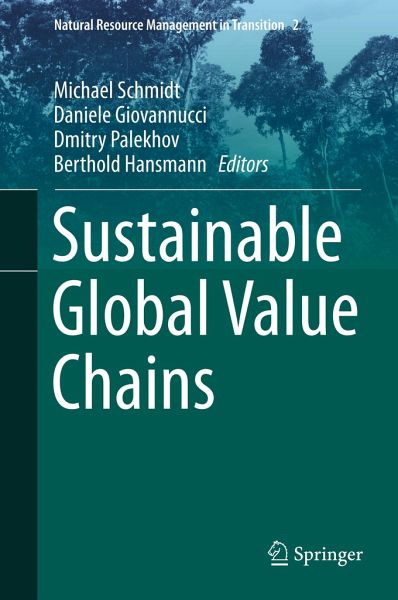
Sustainable Global Value Chains

PAYBACK Punkte
89 °P sammeln!
will follow. Please assign ISBN anyway, I've also sent an email to Mr. Schönenberger and the PDM-team, explaining the urgent situation. Many thanks!


Rechnungen
Bestellstatus
Retourenschein
Storno